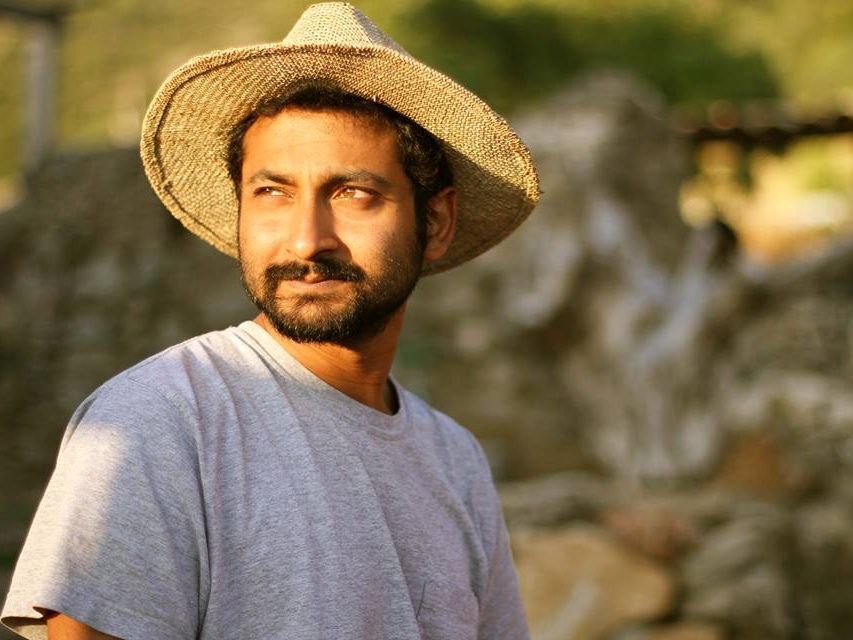HOW TO FIND HELP WHEN YOU NEED IT HOW TO FIND HELP WHEN YOU NEED IT
A WELLBEING SUPPORT DIRECTORY
FOR CHANGEMAKERS
A note to Changemakers from Nancy Mortifee, Dean of Inner Work Programs
For a multitude of reasons, many of us are feeling the urge to take a deeper journey into ourselves. We might be grieving the loss of an important relationship, dealing with emotional or financial insecurity or struggling with parenting challenges. We might be transitioning into new roles with our work or feeling the pull to retirement. Sometimes these challenges left unaddressed can result in an almost intolerable level of anxiety, addictive behaviors, health problems or even feelings of despair.
We also know these are extraordinary times. For some, this present pandemic crisis has clearly tipped our emotional scale from managing to cope to a feeling of being lost at sea. Perhaps you have reached the point when you want to reach out for help and aren’t sure where to find it.
Looking to others for support can be especially difficult for changemakers, whose call to action has usually sprung from an urge to reduce the suffering of others. It might seem unimaginable and almost shameful to seek help for yourself.
Parker Palmer reminds us that “We can’t give what we are unwilling to receive”.
The intention of this post is to offer some practical support to anyone who has the urge to explore, discover and experience a deeper sense of wellbeing through personal inner work.
To help you get started, here are some steps you might take in choosing and working with an appropriate wellbeing practitioner. Although not exhaustive by any means, it is our hope that the following guide will assist you in navigating the process:
1) Exploratory: Who’s out there?
2) Getting to know you session: Are we a good fit?
3) Checking in with yourself: Am I getting what I need?
4) Boundaries and edges: Do I feel safe and cared for?
5) Closure: Are we done?
1) Exploratory: Who’s out there?
This first step is all about finding potential practitioners who meet your basic search criteria (which may include language spoken, geographic location, areas of expertise, and more) and making initial contact to start asking the important questions. Our wellbeing support directory for changemakers is a good place to start this step. Study the practitioner directory with an open mind. While websites don’t tell us everything, they are a good place to start gathering information.
Sometimes practitioners are available to have a quick conversation by phone or by email for a “discovery call”. This can be a useful opportunity to learn about their sensitivity to your particular lifestyle, age, family or cultural background, language or faith group. It can also be helpful to research or inquire about the frequency and the length of time they usually work with a client.
If the practitioner has described their philosophy of care, see if their words resonate with you. How do you feel when you see their photo? Do they share reviews of their work?
2) Getting to Know You Session: Are we a good fit?
The initial session with any practitioner (sometimes called a “discovery call”) is an opportunity to determine if there is a good fit before engaging in a relationship of care. Trust yourself and remember this person is a guide to help you be yourself, not someone else.
During the session you might notice:
– Did the practitioner begin and end the session on time?
– Were they open-hearted? Patient? Kind?
– Were they gentle in their exploration and how they addressed your questions?
– Did they model deep listening skills?
– Were they aware of and respectful of cultural/lifestyle differences?
– Was their speech free of complicated jargon and culturally specific references?
– How did you feel at the end of the initial session? Even though a therapeutic experience doesn’t always feel “good”, it’s helpful to leave an initial session feeling at least a bit hopeful with a sense that the two of you can get some good work done together.
Before the first session, make a list of questions, concerns, and thoughts to bring to the practitioner in your first session.
3) Checking in with Yourself: Am I getting what I need?
I believe that each of us knows our own medicine, we just need someone to help us find it. Therefore, it may be prudent to give yourself a few sessions to settle in, get to know your practitioner and give them a chance to know you. Having said that, it’s very important to keep asking yourself, “Am I getting what I need” and to ask for help, especially when you feel vulnerable or intimidated.
Remember, any kind of therapeutic support is teamwork between you and the practitioner. If things are moving too fast for you, it’s your right to ask for a breather and to slow it down.
Making a list of concerns or questions to bring to your session can help remind you of what may have surfaced between sessions.
4) Boundaries and edges: Do I feel safe and cared for?
In addition to confidentiality, there are other boundaries we need to keep between ourselves and practitioners. Any practitioner we choose must be ready and willing to support us with integrity, capacity and respect.
Always remember you are in charge of the session and any feelings of discomfort are real if you experience them. For example: sexual inappropriateness; gender assumptions.
5) Closure: Are we done?
Knowing when to leave and how to do it well can be challenging in any relationship. Navigating through shifting roles can feel strange and awkward because of attachments that have formed and sometimes the perception of dependency.
A skilled practitioner can often help you recognize that your work together is complete and sometimes you will intuitively know it yourself.
If you are unsure about your feelings about completing or continuing with a period of therapeutic work, sometimes it can help to discuss it with a trusted friend or confidant.
And finally, congratulations…
It takes a lot of courage to explore our sacred inner terrain. Please remember to acknowledge yourself for your willingness to bravely take such a step. We hope that the wellbeing support directory shall serve you in your inner process and wish you all the best on your journey home to yourself.
Warmly,
Nancy Mortifee
Dean of the Inner Development Program













































